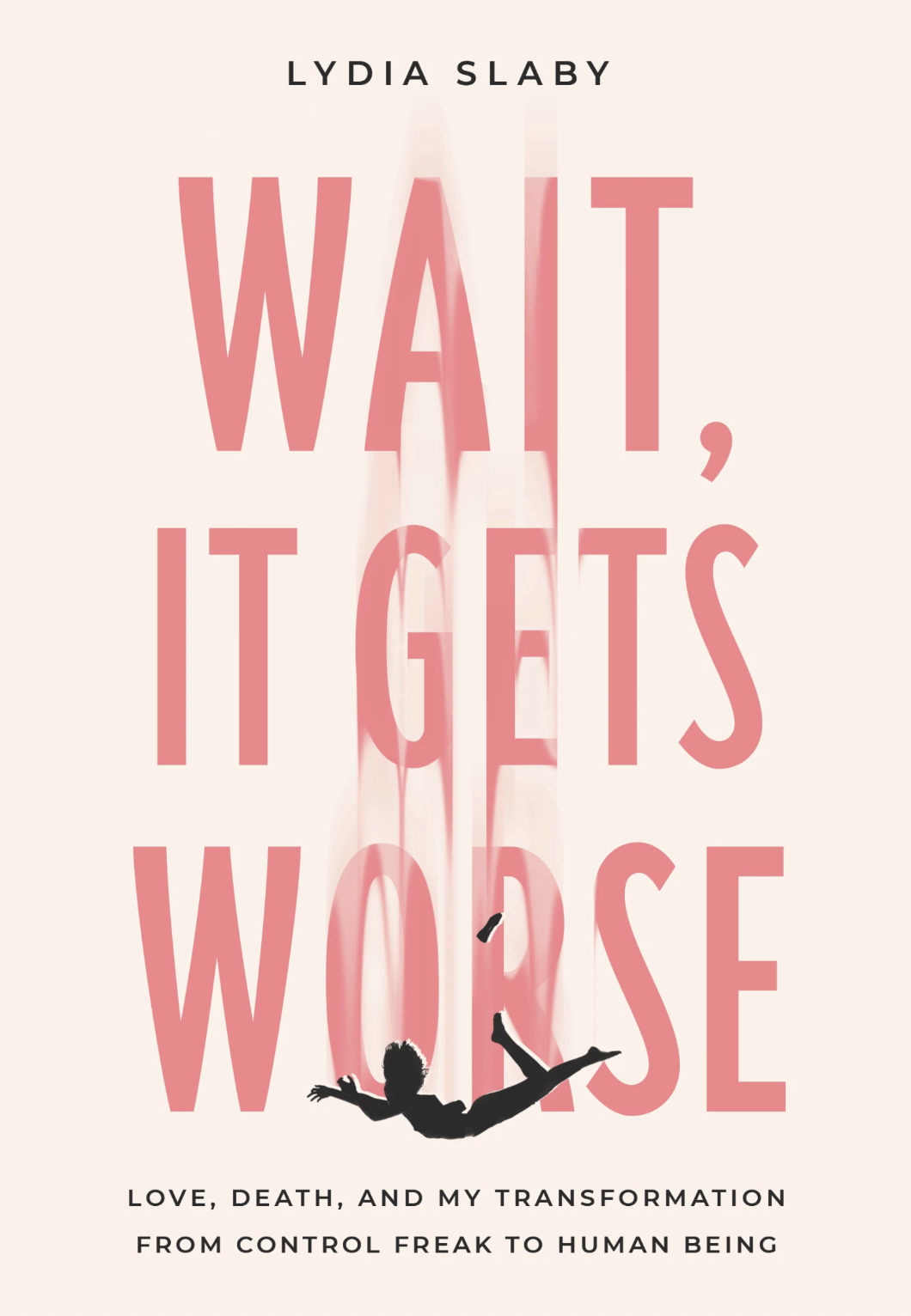Three weeks before I was diagnosed with non-Hodgkin’s lymphoma, a friend of mine described me as “two-dimensional.” I’d lost so much weight off of my 5’6” frame that I was seeing numbers on the scale last seen in high school. But as I walked to and from my job as a first year associate at one of the world’s top law firms in Chicago’s Loop, I assumed that stress associated with my job was the reason why I had lost so much weight.
Writing this now, almost seven years later, I’m astonished that I blithely wrote off extreme body changes like losing 10% of my already healthy weight in a month to “work.” But this is what I had taught myself over years of prep school, Ivy League college, high-level state government career, and top university for my JD-MBA degree: work and success come first, body and health later.
I’m sure I had an answer back then that makes sense about how important it was for me to be working that hard and that blindly, but my life has changed so much in the intervening years that I can’t even think of it. “Because that’s what I was supposed to do” is the only thing I can imagine now, but even typing it makes me want to throw up a little bit.
I was diagnosed with cancer in June of 2012 at age 33. Four months of chemo shrank and killed off my grapefruit-sized tumor sitting above and slightly in front of on my heart. Then I had a chest-cracking surgery to remove the rest of the tumor, just to make sure. Then I spent 18 months miserable in my own skin, not knowing why, as I strove to get back to a life that I knew. Then a routine follow-up turned into a slightly more complicated biopsy, which turned into the worst medical day of my life, which is really saying something. Ten weeks of recovery later, I quit my job and, in many respects, the life I had spent my entire life building.
I, the most competitive person I know, gave up on pushing myself to achieve what I always had wanted in order to save my life. In my case, it took almost dying. I’d like to think that’s not the only route, but it was mine.
I get a lot of “did you really have to quit?” when I tell this story. The short answer is yes, but I tried really hard not to. Cancer and chemotherapy snapped me out of my life, my horse-with-blinders life that I had created for myself. But it took sitting in my life in agonizing discomfort for the 18 months after chemotherapy concluded to actually force me to start paying attention to my body and the lessons that it wished to teach me.
I use that phrase on purpose: the lessons my body wanted to teach me. I think of myself as three pieces: me (whatever that is—soul? Spirit?), my mind, and my body. I’d spent my entire life ignoring me and my body in favor of whatever my mind wanted to share, explore, create, judge, contemplate, and everything else our minds do. But it was an incomplete life. And this discarding of my body’s needs (healthy food, plenty of sleep, appropriate exercise, clean water, calm) eventually overwhelmed the rest of my life. Hence cancer. And then chemotherapy. And then stubbornly ignoring the fact that for those 18 months I was back at work my body was screaming at me that not only was I a round peg in a square hole, I was a round peg living in a culture that has purposely defined itself in opposition to the needs of round pegs.
I needed sleep. I needed recovery. I needed, as I wrote in my book, convalescence:
Convalescence had always struck me as a pathetic and Victorian word, implying a drooling geriatric in a wheelchair, lap covered with a blanket, glassily staring out over some green or blue vista, attended by white-hatted nurses and doting grandchildren.
Perhaps, I thought in a fleeting moment of wisdom, convalescence actually means recognizing and surrendering to the process of recovery from the true damage of illness.
It’s impossible to recover in an environment that prescribes: “go back to work” or “go back to the gym.” That’s not recovery. That kind of prescription is what landed me in the hospital in the first place with a tumor so large that I was an acute cardiac patient before they even realized I had cancer. That’s the kind of prescription that had me ignoring the fact that I had lost 10 percent of my body weight in one month and couldn’t really breathe that well for at least two weeks before I went to the doctor. That kind of prescription was killing me.
So yes, I had to quit my job because it was the only way to snap me out of the fog that had me striving in life instead of living my life. The fog that had turned me into a human doing instead of a human being.
This was my prescription. It’s not everyone’s. Some people have the kinds of bodies that let them work and work and work. Some people don’t. It took cancer for me to learn what kind of body I had, and wow my mind was furious about that realization. “What do you mean you just can’t do it anymore?” was a fairly constant shout from my brain during those 18 months.
Although quitting my job was excruciating for my sense of self that was firmly embedded after 35 years of life, what I did after quitting my job was truly the hard part. I spent a great deal of my time learning that ignoring my body was, in general, a bad idea. To start paying attention to my body, I had to learn how to stay present, to get my mind to stay quiet for two milliseconds. And then for three. And then maybe for a whole second. In those moments of quiet, my body let loose with a barrage of information that I had been ignoring for most of my life. Not just basic bodily needs like sleep and nutrition and exercise, but also intuition, clarity, and eventually the kind of calm that feels like sleep but isn’t and is so relaxing and nurturing that there is no part of me that ever wants to go back to the life I used to lead.

Published with permission from Wait, It Gets Worse by Lydia Slaby.
Follow us here and subscribe here for all the latest news on how you can keep Thriving.
Stay up to date or catch-up on all our podcasts with Arianna Huffington here.


